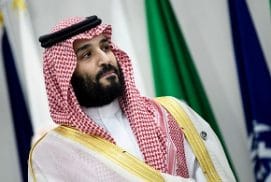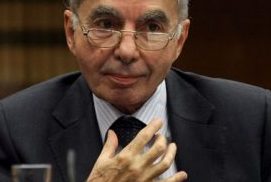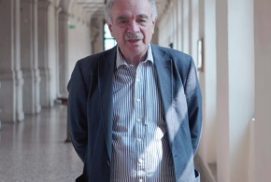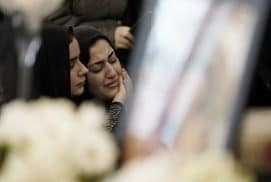Carlo Galli 31 October 2025
Liberal democracy is a Western affair, not a global one. It was born and evolved in the West during the late modern era, grounded in cultural, economic, and social preconditions that cannot be reproduced elsewhere. Its export has often been an element of neocolonial ambition. The world knows well how to distinguish good governance from oppression, order from violent chaos, yet it neither thinks nor organizes itself democratically. Nor does it admire the democratic West or aspire to emulate it—except in the production of goods and services. Today, liberal democracy concerns scarcely one-eighth of the world’s population. Europe, the West (which are not the same thing, or at least have not always been), and democracy have long since been provincialized. The West is the rest.











